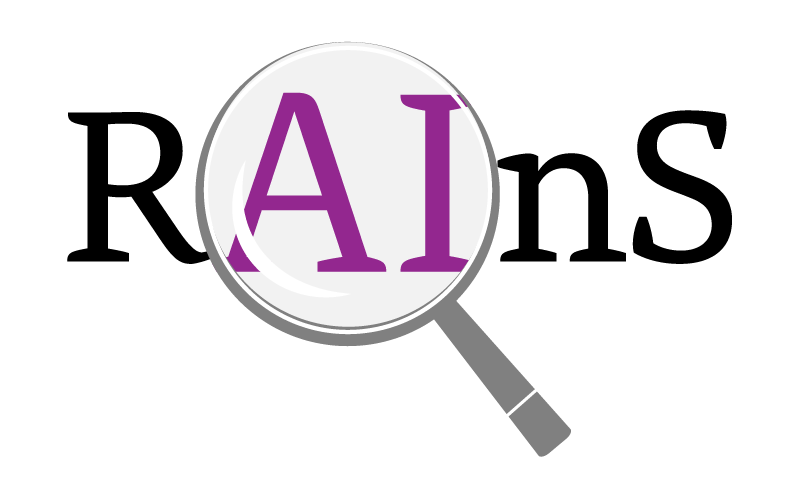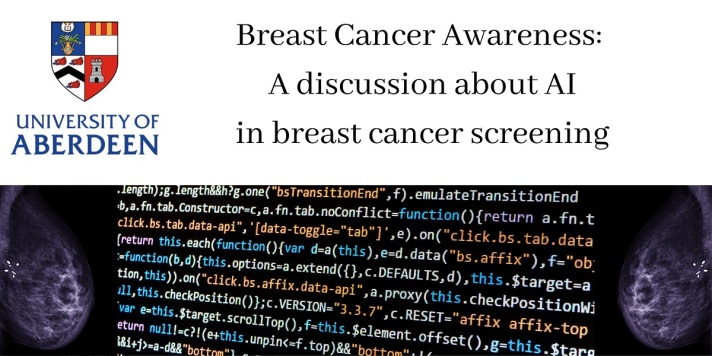Members of the RAInS project are running the 2021 Workshop on Reviewable and Auditable Pervasive Systems (WRAPS) in conjunction with UbiComp.
Important dates:
- Paper submission: 15th June, 2021
- Author notification: 15th July, 2021
- Final camera ready due: 23rd July, 2021
- Workshop date: 25/26th September, 2021 (exact date/time to be confirmed)
All deadlines are 23:59 AoE.
Website: https://wraps-workshop.github.io/
*** This workshop will bring together a range of perspectives into how we can better audit and understand the complex, sociotechnical systems that increasingly pervade our world.
From tools for data capture and retrieval, technical/ethical/legal challenges, and early ideas on concepts of relevance – we are calling for submissions that help further our understanding of how pervasive systems can be built to be reviewable and auditable, helping to bring about more transparent, trustworthy, and accountable technologies.***
Emerging technologies (e.g. IoT, AR/VR, AI/ML, etc.) are increasingly being deployed in new and innovative ways – be it in our homes, vehicles, or public spaces. Such technologies have the potential to bring a wide range of benefits, blending advanced functionality with the physical environment. However, they also have the potential to drive real-world consequences through decisions, interactions, or actuations, and there is a real risk that their use can lead to harms, such as physical injuries, financial loss, or even death. These concerns appear ever-more prevalent, as a growing sense of distrust has led to calls for *more transparency and accountability* surrounding the development and use of emerging technologies.
A range of things can—and often do—go wrong, be they technical failure, user error, or otherwise. As such, means for the ability to *review, understand and act upon* the inner workings of how these systems are built/developed and used are crucial to being able to determine the cause of failures, prevent re-occurrences, and/or to identify parties at fault. Yet, despite the wider landscape of societal and legal pressures for record keeping and increased accountability (e.g. GDPR and CCPA), implementing transparency measures face a range of challenges.
This calls for different thinking into how we can better understand (interpret) the emerging technologies that pervade our world. As such, this workshop aims to explore new ideas into the nascent topic, collating some of the outstanding challenges and potential solutions to implementing more meaningful transparency throughout pervasive systems. We look to bring together experts from a range of disciplines, including those of technical, legal, and design-oriented backgrounds.
Submissions:
We invite papers of varying length from 2 to 6 pages (excluding refs) using the ACM sigconf template (https://www.acm.org/publications/proceedings-template). Submissions can be made via PCS at https://new.precisionconference.com/submissions.
Accepted papers will be published in the UbiComp/ISWC 2021 adjunct proceedings, which will be included in the ACM Digital Library. All submissions will be peer reviewed, and should be properly anonymised.
Some suggested topics include (but are not limited to):
- Tools, techniques, and frameworks to assist in providing greater transparency & oversight over the workings of pervasive systems
- Methods for explaining & understanding systems/models
- Methods for fostering trust & transparency in pervasive systems
- The usability of audit data
- Performance implications of capturing audit data
- Privacy, security and data protection implications of auditability mechanisms
- Vocabularies and frameworks for modelling relevant information to support auditability & explainability
- Data aggregation and consolidation
- Legal considerations relating to record keeping & auditing mechanisms
- Access controls & data sharing regimes
- Audit log verification methods


